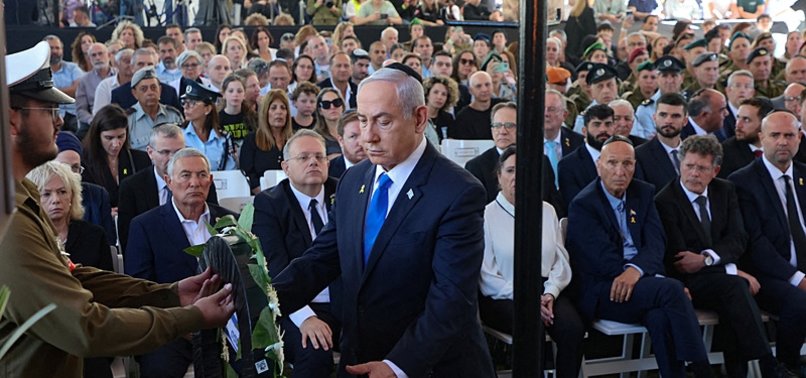Israeli Defense Minister Urges “Painful Concessions” for Hostage Release Amid Gaza Conflict
Israeli Defense Minister Yoav Gallant called for “painful concessions” on Tuesday in exchange for hostage releases, an indication of a new tactic toward negotiation as fighting between Israel and Hamas continued. Speaking to mourners at a ceremony marking the victims of the Hamas attack one year earlier, Gallant said force was not the solution for everything and added that “there is a moral requirement to bring people home without harm.”.
Gallant admitted the problems Israel is encountering during its operations in Gaza: “It is complex and unprecedented.” He said, referring to recent military operations, that Israel’s campaigns had indeed transformed the security landscape. According to him, Hamas does not exist as an armed force in the south; its troops in the north are said to have suffered significant setbacks, including top-level losses and a reduction in rocket capacity.
The comments by Gallant came at a time when Israeli negotiators would fly to Qatar for further rounds of negotiations on an informal prisoner swap with Hamas as the mediators would push through to find some form of breakthrough. Given the situation, it is estimated that the captives left behind, still in the hands of Hamas, amount to close to 101. There were heightened fears over their future amid continued airstrikes.
Despite continuous mediation, attempts to agree on a truce and even the prisoner swap failed once again as Israeli Prime Minister Benjamin Netanyahu was adamant that the war in Gaza must go on. This is despite a United Nations Security Council resolution that called for an immediate ceasefire.
Since the outbreak of hostilities, local health authorities reported almost 43,000 deaths, most of whom are women and children, and over 100,000 injured. Furthermore, nearly all the residents of Gaza are displaced while food, water, and medical supplies run critically scarce due to the blockade.
Israel’s moves in Gaza have sparked global headlines, and the International Court of Justice now awaits a case on genocide charges against the state. With humanitarian conditions remaining in dire straits, Gallant’s call for “painful concessions” may turn the corner toward diplomacy that brings both humanitarian and security solutions to the region.















